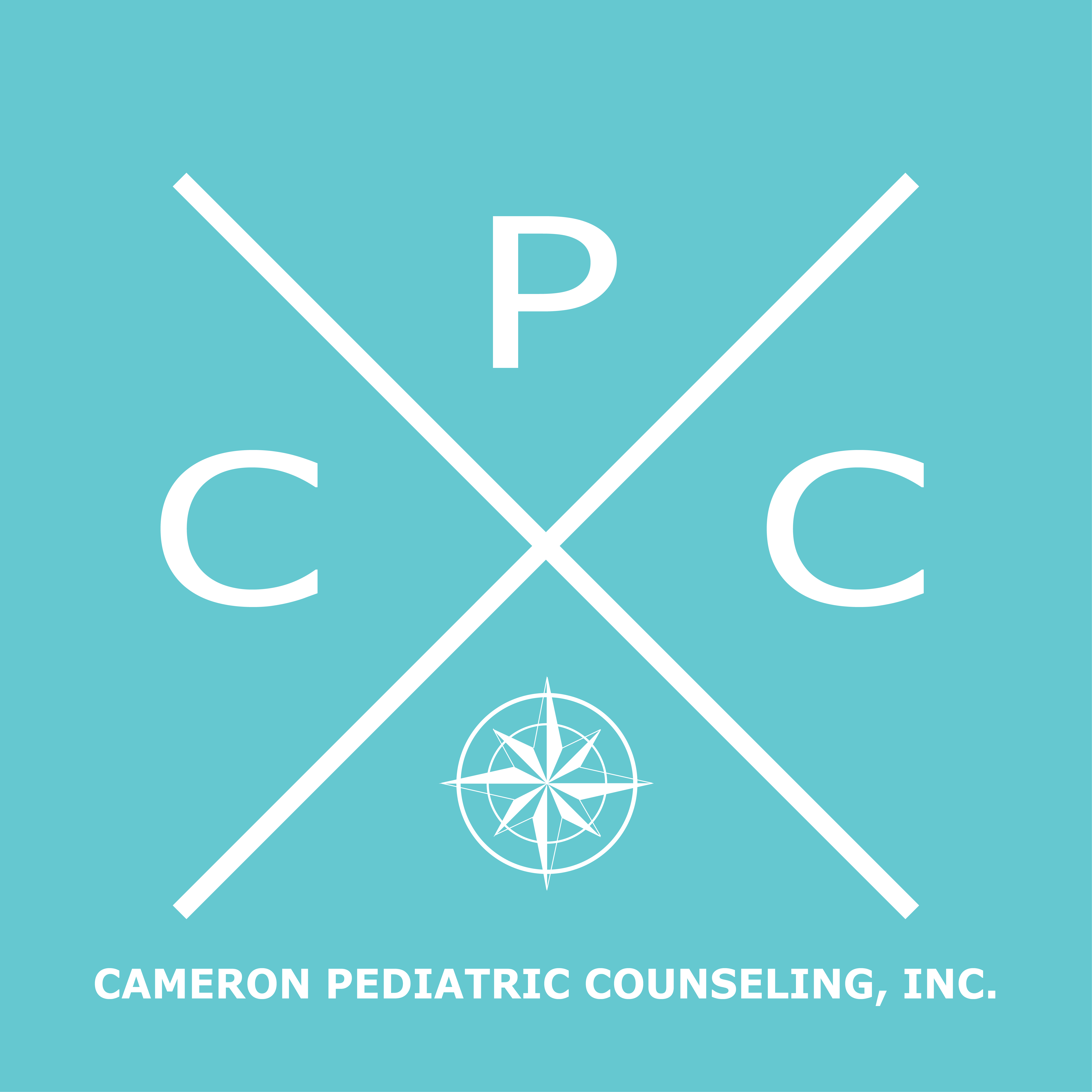Talk therapy isn’t just “talking about your problems”; it is working toward solutions. The question is; does this always work? Especially when working with children and adolescents? Go back to when you were 6 years old. Did you know how to tell people what was bothering you? Most likely you didn’t even understand what was bothering you. How about when you were 16, the last thing you wanted to do was talk, you didn’t think adults would understand, let alone fully listen to what you had to say about what you were going through.
At Cameron Pediatric Counseling, we take a different approach to working with each of our clients. We know that each child is different and responds differently to opening up and sharing. There is no one “right” way to do therapy and anyone who tells you there is, just wants to fit you into a mold. We have broken the mold and thrown it away.
We practice the techniques used in expressive therapies within the context of our counseling. There are many ways to get children to express their feelings and we help bring that out in a way unique to each child. Is your child expressive through drawing or coloring? Then we help them tell their story and get their feelings out in a way they know how to, by putting them on paper. When a child is comfortable they tend to share more and open up about what is truly bothering them at the core. This is how we get to the root of the problem, and then we can help get them on the path to success and healing.
Expressive therapies are defined as the use of art, music, dance/movement, and creative writing in the context of therapy. Here at CPC, we thrive with these techniques and use them in a way no one else in the area does. This type of therapy process doesn’t require an artistic ability; rather it uses your sense of imagination and helps support healing.
Expressive art techniques can be used as part of the treatment strategy with a wide variety of behavioral, emotional, and mental health conditions. They can include, but are not limited to:
- Anxiety
- Attention-deficit Disorder
- Autism
- Bullying
- Chronic Medical Illness
- Depression
- Eating Disorders
- High Levels of Stress
- Posttraumatic Stress
- Social Changes
- Traumatic Brain Injuries
Our therapists rely on their creativity and their health professions training to decide which modality should be utilized at a particular time. Call CPC today to see how we can help your child, we use the counseling technique that fits your child to help move them in the right direction to feel better.
